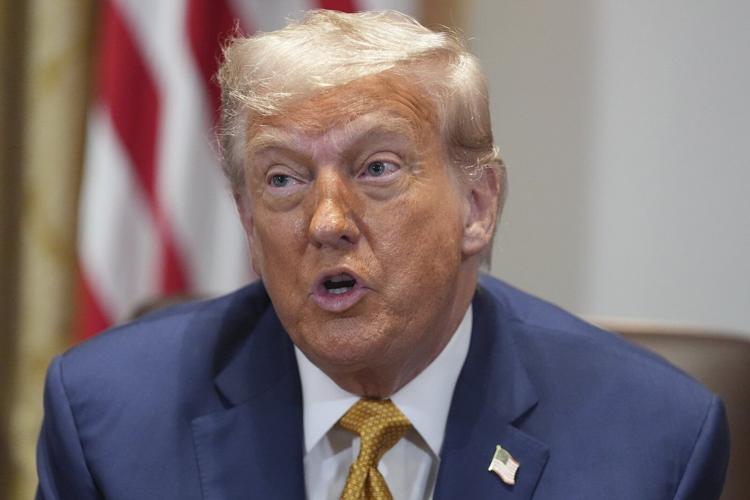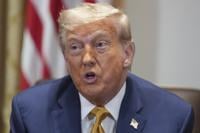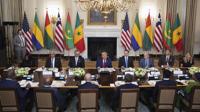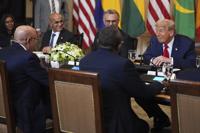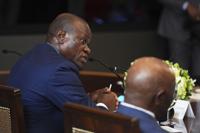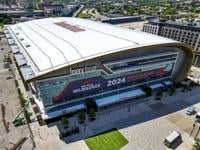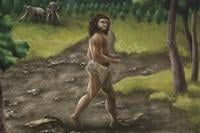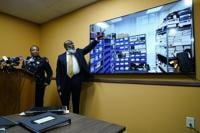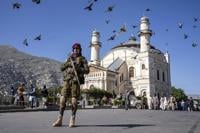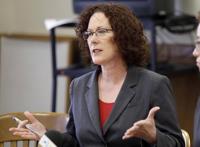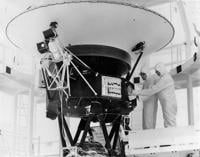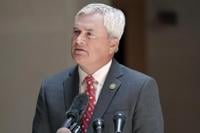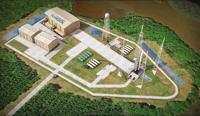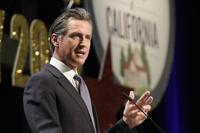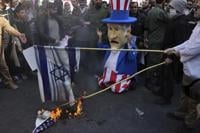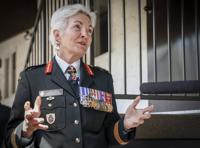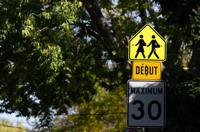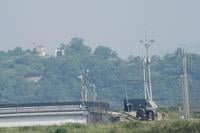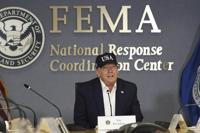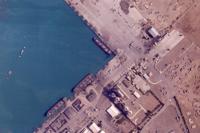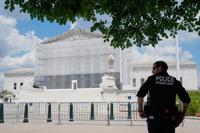WASHINGTON (AP) — President Donald Trump promised West African leaders a pivot from aid to trade during a White House meeting Wednesday as the region reels from the impact of sweeping U.S. aid cuts.
Trump said he sees “great economic potential in Africa” as the leaders of Liberia, Senegal, Gabon, Mauritania and Guinea-Bissau boasted of their countries' natural resources and heaped praise on the U.S. president, including their thanks for his help in settling a long-running conflict between Rwanda and the Democratic Republic of Congo.
Trump described the nations represented at the meeting as “all very vibrant places with very valuable land, great minerals, and great oil deposits, and wonderful people” — a definite shift from his first term, when he used a vulgar term to describe African nations.
The meeting comes amid a shift in U.S. global and domestic priorities under Trump's leadership. Earlier this month, U.S. authorities and said it was no longer following what they called “a charity-based foreign aid model” and instead would focus on partnerships with nations that show “both the ability and willingness to help themselves.”
The five nations whose leaders were meeting Trump represent a small fraction of U.S.-Africa trade, but they possess untapped natural resources. Senegal and Mauritania are important transit and origin countries when it comes to migration and along with Guinea-Bissau are struggling to contain drug trafficking, both issues of concern for the Trump administration.
In their speeches, each African leader adopted a flattering tone to commend Trump for what they described as his peace efforts across the world and tried to outshine one another by listing the untapped natural resources their nations possess.
“We have a great deal of resources,” said Mohamed Ould Ghazouani, president of Mauritania, listing rare earths, as well as manganese, uranium and possibly lithium. “We have a lot of opportunities to offer in terms of investment.”
Last month, the U.S. administration facilitated a peace deal between Rwanda and Congo to help end the decadeslong in eastern Congo, while enabling the U.S. to gain access to critical minerals in the region. But analysts said it won’t end the fighting because the most prominent armed group said it does not apply to it.
During the meeting, Trump described trade as a diplomatic tool. Trade “seems to be a foundation” for him to settle disputes between countries, he said.
“You guys are going to fight, we’re not going to trade,” Trump said. “And we seem to be quite successful in doing that.”
He added, addressing the African leaders: “There is a lot of anger on your continent.”
As he spoke, the U.S. administration continued sending out notifications to developing countries about higher tariff rates effective from August 1. The five Western African nations were not among them.
The portion of the lunch meeting that was open to the press didn't touch much on the loss of aid, which critics say will result in millions of deaths.
“We have closed the USAID group to eliminate waste, fraud and abuse,” Trump said Wednesday. “And we’re working tirelessly to forge new economic opportunities involving both the United States and many African nations.”
West African countries are among the hardest hit by the dissolution of USAID. amounted to 2.6% of the country’s gross national income, the highest percentage anywhere in the world, according to the Center for Global Development.
Liberian President Joseph Nyuma Boakai in a statement “expressed optimism about the outcomes of the summit, reaffirming Liberia’s commitment to regional stability, democratic governance and inclusive economic growth."
During the meeting, Trump reacted with visible surprise to Boakai's English-speaking skills, which he praised. English is the official language of Liberia, which was established in the early 1800s with the aim of relocating freed African slaves and free-born Black citizens from the United States.
Gabon, Liberia, Mauritania and Senegal are among 36 countries
___
Pronczuk reported from Dakar, Senegal.

